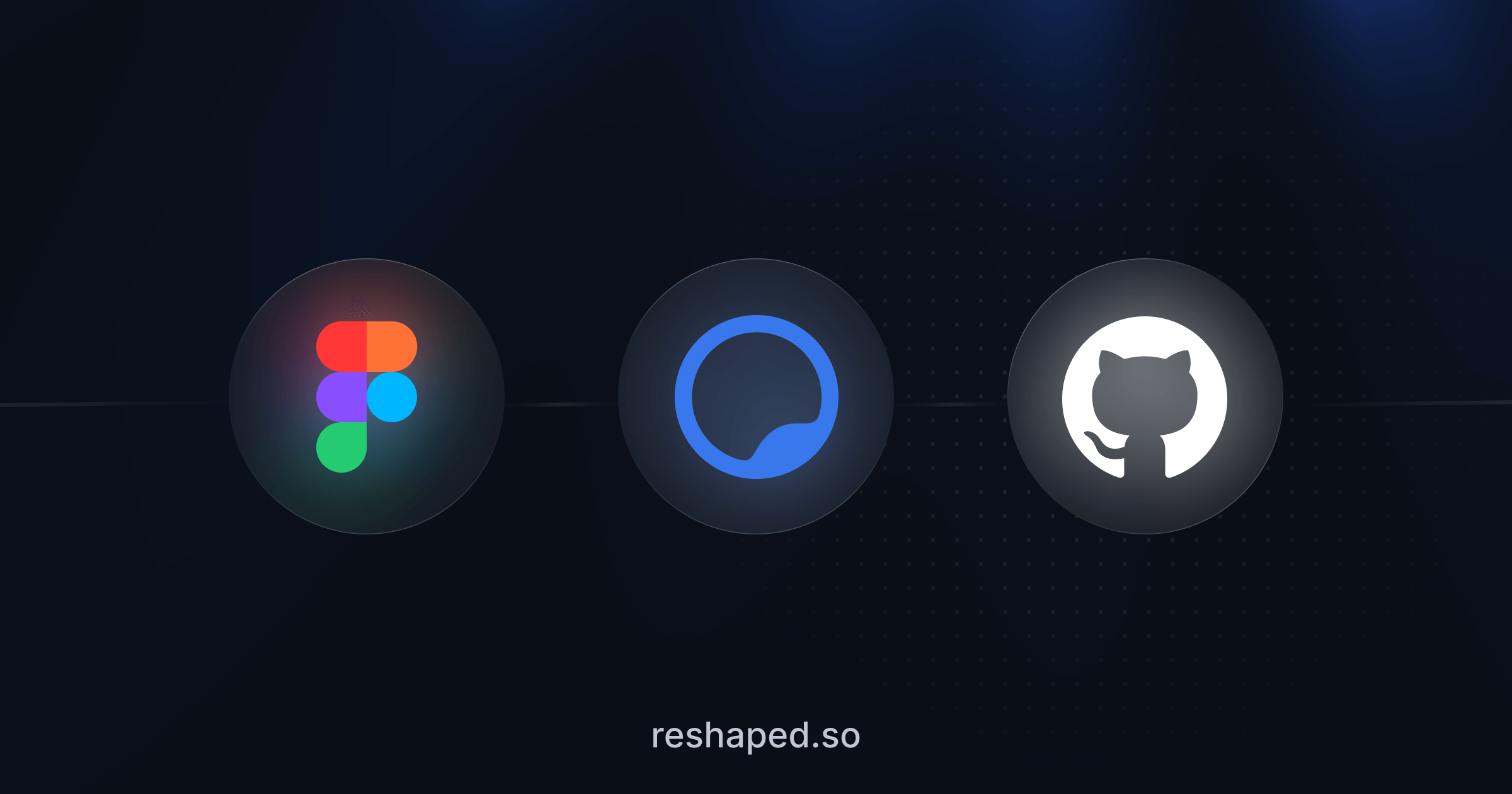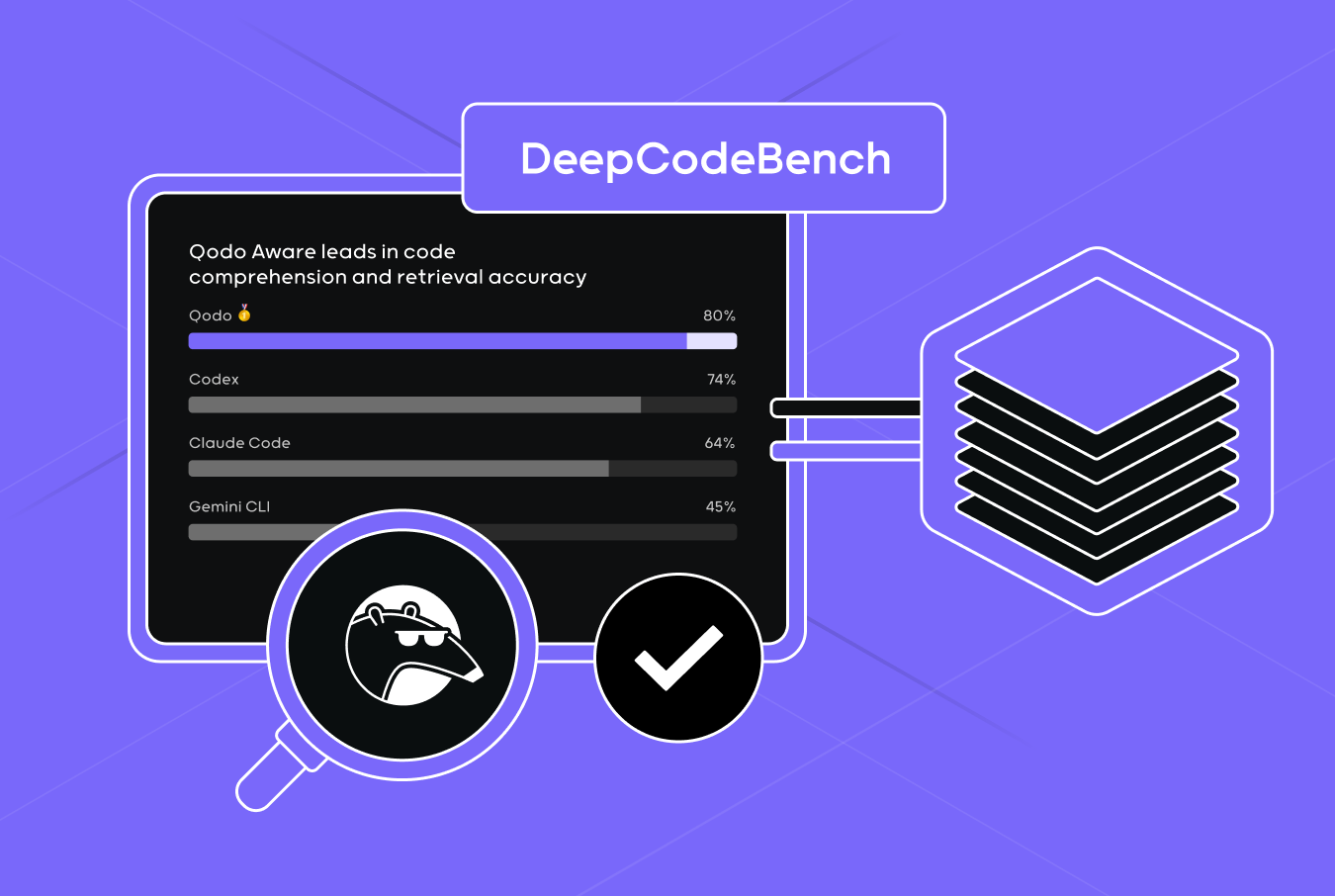XFN: A Simple Way to Represent Relationships with Hyperlinks
XFN (XHTML Friends Network) is a simple method for representing human relationships using hyperlinks. By adding a 'rel' attribute to `` tags, like ``, bloggers can easily indicate their relationships with others. This website provides an introduction to XFN, a getting-started guide, a list of attributes, background information, FAQs, tool resources, integration with other services, and community support, aiming to simplify the expression and management of online relationships.









